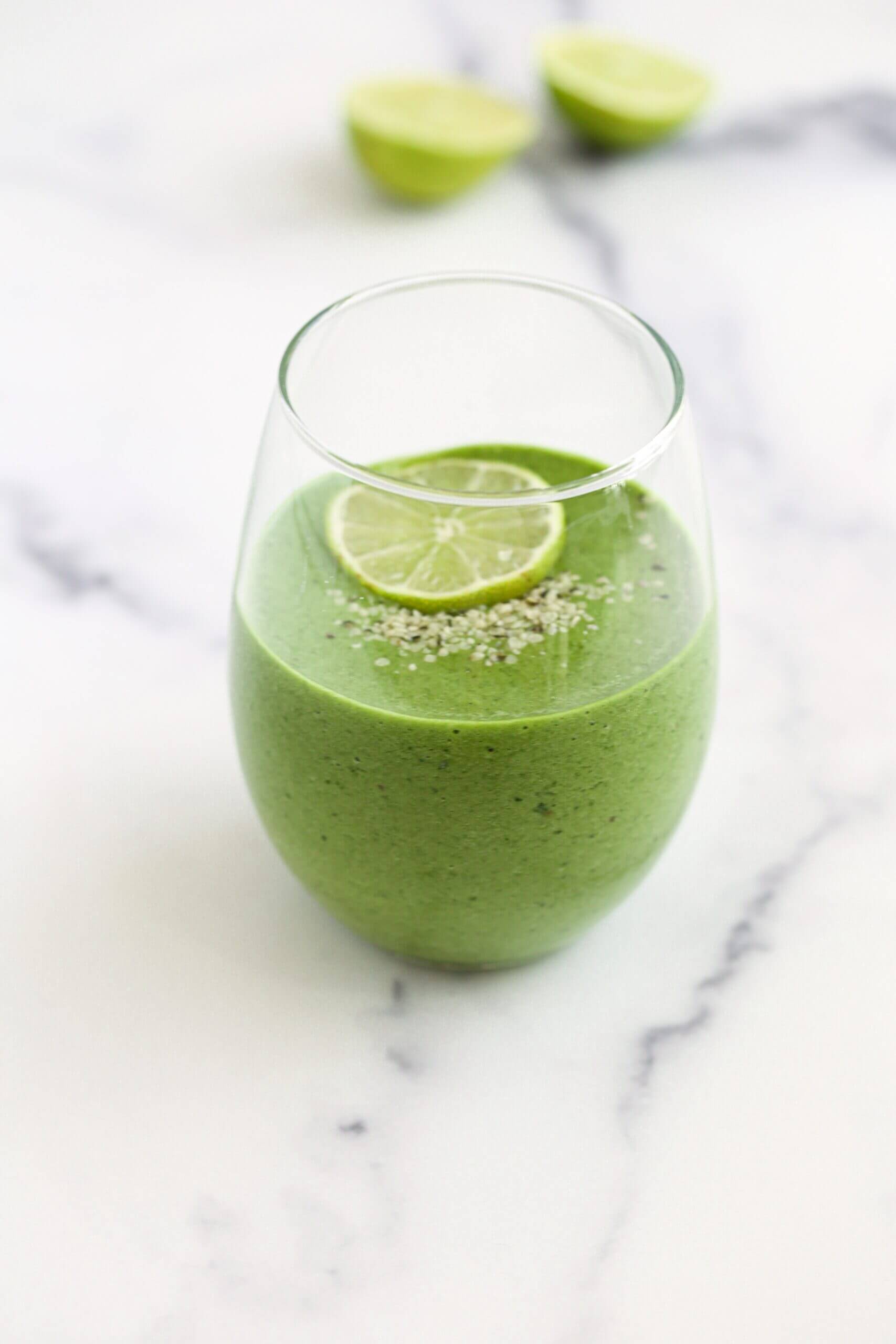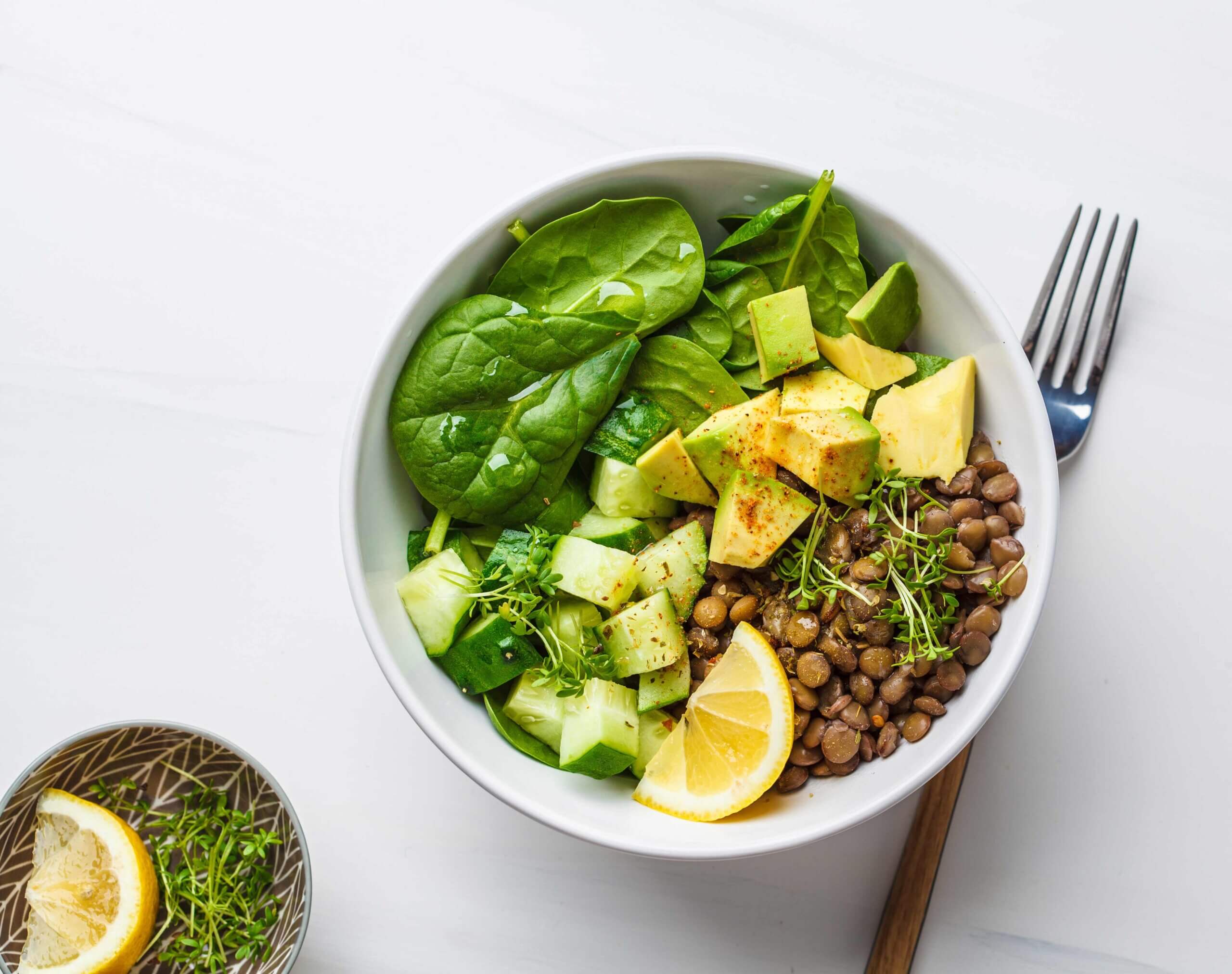What if you could do something good not only for your body but also for your whole life with every bite? A plant-based diet is much more than a trend – it’s a powerful way to bring health, energy and lightness into your everyday life.
Whether you’ve been vegan for a long time or are just starting to get to grips with a conscious diet: In this article, you will find out how much potential there really is in a plant-based diet. From a healthy weight to strong hearts, stable blood sugar levels and cancer prevention – you can expect a scientifically sound overview with everyday tips that will motivate you to give something back to your health with love.
Let yourself be inspired – by studies, facts and the incredible power of the plant world.
Veganism and weight: a winning combination
Many people turn to a vegan diet to help regulate their weight. Plant-based foods are rich in fibre – think fruits, vegetables, whole grains and legumes – which help keep you full for longer. At the same time, they’re naturally low in calories, which can support weight loss. A study by the Physicians Committee for Responsible Medicine (PCRM) found that people lost weight more effectively on a vegan diet – and without reducing their calorie intake. Although the vegan participants didn’t consciously eat less, they still lost significantly more weight than those in the non-vegan control group. [1] So what are you waiting for? Try it out and reach your ideal weight naturally!
Cholesterol and heart health: vegan is the key
Our heart is the engine of life – and a vegan diet can help keep it healthy and strong. Compared to animal products, plant foods contain negligible amounts of cholesterol. In fact, eating plenty of fruits and vegetables has been shown to lower blood cholesterol levels and help prevent heart disease and diabetes. This was also confirmed by the Oxford Vegetarian Study (OVS), which found that vegans had significantly lower concentrations of both total and LDL cholesterol in their blood (Total: 166 mg/dl, LDL: 89 mg/dl) than meat eaters (Total: 205 mg/dl, LDL: 124 mg/dl). [2] So fill your plate with nutrient-rich plant-based foods – your heart will thank you for it.



Blood pressure under control: the power of plants
High blood pressure is a common issue in our society – but a vegan diet can help lower it naturally. This was demonstrated in a study by Loma Linda University in California, which showed that vegans and vegetarians are less likely to suffer from high blood pressure. The researchers also included data from the Adventist Health Study-2 (AHS-2), visited clinics, and analysed dietary questionnaires. The results revealed that vegans and vegetarians had lower systolic and diastolic blood pressure than omnivores and required fewer blood pressure medications. [3] The wide range of fruit, vegetables, whole grains and nuts in a vegan diet provides essential nutrients and minerals that help regulate blood pressure. So grab a green smoothie and let your blood pressure drop the natural way!
Diabetes: a plant-based solution
Diabetes is a serious condition – but a vegan diet can help reduce your risk and support stable blood sugar levels. A 2020 randomised clinical trial confirmed that a low-fat, plant-based diet could lower body weight and improve insulin sensitivity. The better your insulin sensitivity, the more effectively your body can move glucose from your bloodstream into your cells – an essential step in preventing long-term elevated blood sugar and reducing the risk of type 2 diabetes. [4] The Adventist Health Study-2 found that vegans had a 49% lower risk of developing diabetes than people who eat meat. [5] Plant-based foods, rich in fibre, help maintain stable blood sugar and promote a healthy insulin response. Take the first step towards a healthier life – and choose the plant-powered path.

“
Take care of your body. It's the only place you have to live.
Jim Rohn
Reducing cancer risk: the vegan defence
One of the most remarkable benefits of a vegan diet is its potential to reduce the risk of cancer. According to current research, people who eat exclusively plant-based have a lower cancer risk than meat eaters and the general population. In the Adventist Health Study-2, the overall cancer risk among vegans was 16% lower than in omnivores – the lowest risk among all dietary groups. In the EPIC-Oxford Study, the difference was 19% in favour of vegans. [6] An analysis of seven studies showed a roughly 18% lower risk of all types of cancer for vegetarians (including vegans) compared to meat eaters. [7] And a meta-analysis of 96 studies found that vegans had a 15% lower risk of developing cancer. [8] The abundance of antioxidants, vitamins and phytonutrients in plant-based foods supports the body in fighting harmful free radicals and encourages healthy cell function. [9] So choose your weapons wisely – and give cancer no chance.
The science is clear – and the benefits are compelling: a vegan diet can help you regulate your weight naturally, lower cholesterol, support heart health, stabilise blood pressure, reduce the risk of diabetes and even prevent cancer.
But it goes even further: plant-based foods offer energy, wellbeing and the empowering feeling of doing something good for your body – every single day.
Maybe this is the perfect moment to begin your journey. Start with one plant-based meal a day, discover new recipes and watch what changes. You’ll see how the power of plants can enrich your life – in the most natural way.
Find out more about the secret world of the gut – how a vegan diet supports it, and which gentle tips can help you care for it from the inside out.
Disclaimer: This text is not a substitute for professional medical advice, diagnosis or treatment. It must not be used as a basis for self-diagnosis or for starting, changing or discontinuing medical treatment. Always consult a qualified healthcare professional if you have any health concerns or symptoms. Greentrinsic accepts no liability for any discomfort or harm arising from the use of the information provided.
Sources:
1. Physicians Committee for Responsible Medicine (2022): Vegan Diet Rich in Legumes Beneficial for Decreased Weight in New Study, (https://www.pcrm.org/news/news-releases/vegan-diet-rich-legumes-beneficial-decreased-weight-new-study); Crosby et al. (2022): Changes in Food and Nutrient Intake and Diet Quality on a Low-Fat Vegan Diet Are Associated with Changes in Body Weight, Body Composition, and Insulin Sensitivity in Overweight Adults: A Randomized Clinical Trial. Journal of the Academy of Nutrition and Dietetics, (https://www.jandonline.org/article/S2212-2672(22)00235-0/fulltext)
2. Bradbury, K.; et al. (2014): Serum concentrations of cholesterol, apolipoprotein A-I and apolipoprotein B in a total of 1694 meat-eaters, fish-eaters, vegetarians and vegans. European Journal of Clinical Nutrition, (https://www.ncbi.nlm.nih.gov/pmc/articles/PMC3916209); PETA (2021): Can cholesterol levels be lowered with a vegan diet?, (https://www.peta.de/veganleben/cholesterin-ernaehrung-vegan/)
3. Pettersen, B.; et al. (2012): Vegetarian diets and blood pressure among white subjects: results from the Adventist Health Study-2 (AHS-2). Public Health Nutrition, (https://pubmed.ncbi.nlm.nih.gov/22230619/)
4. Kahleova, H.; et al. (2020): Effect of a Low-Fat Vegan Diet on Body Weight, Insulin Sensitivity, Postprandial Metabolism, and Intramyocellular and Hepatocellular Lipid Levels in Overweight Adults. A Randomized Clinical Trial. JAMA Network Open, (https://jamanetwork.com/journals/jamanetworkopen/fullarticle/2773291)
5. Tonstad, S.; et al. (2013): Vegetarian diets and incidence of diabetes in the Adventist Health Study-2. Nutrition, Metabolism and Cardiovascular Diseases, (https://www.nmcd-journal.com/article/S0939-4753(11)00170-0/fulltext)
6. Segovia-Siapco, G.; Sabaté, J. (2019): Health and sustainability outcomes of vegetarian dietary patterns: a revisit of the EPIC-Oxford and the Adventist Health Study-2 cohorts. European Journal of Clinical Nutrition, (https://www.nature.com/articles/s41430-018-0310-z)
7. Huang, T.; et al. (2012): Cardiovascular Disease Mortality and Cancer Incidence in Vegetarians: A Meta-Analysis and Systematic Review. Ann Nutr Metab, (https://www.karger.com/Article/FullText/337301)
8. Dinu, M.; et al. (2017): Vegetarian, vegan diets and multiple health outcomes: A systematic review with meta-analysis of observational studies. Critical Reviews in Food Science and Nutrition, (https://www.tandfonline.com/doi/abs/10.1080/10408398.2016.1138447?journalCode=bfsn20)
9. Meier, S. (2023): Food against cancer. Center of Health, (https://www.zentrum-der-gesundheit.de/krankheiten/krebserkrankungen/ernaehrungs-tipps-bei-krebs/krebs-lebensmittel)




